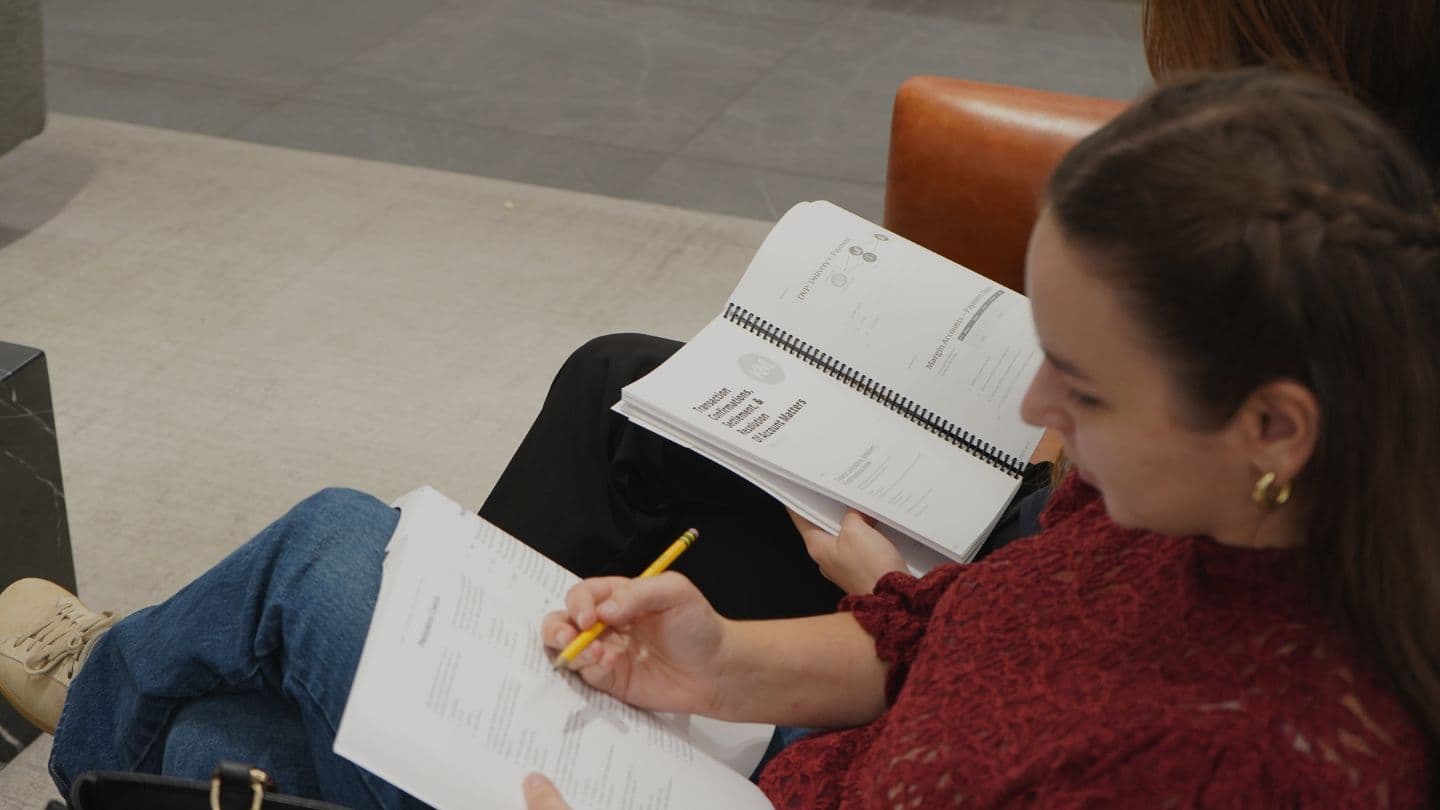Basis Points
Basis points are financial lingo that refer to a change in a percentage.  One basis point (abbreviated bps, sometimes pronounced “bips”) equals .01%, or .0001. Put differently, 1% = 100 bps.
One basis point (abbreviated bps, sometimes pronounced “bips”) equals .01%, or .0001. Put differently, 1% = 100 bps.
Basis points are used in the securities industry in many ways, including:
- To express changes in bond yields: If the yield on a bond increases from .75% to .85%, a practitioner might say that the yield moved by 10 bps, rather than saying “point-ten-percent” (0.001%).
- To calculate underwriting fees: Underwriting fees for a bond issuance might be calculated as a set number of basis points off the face value of the issue. For example, if an issuer sold $125 million in bonds, and the underwriting fees were 75 basis points, the fees to the bank would be calculated as (0.0075) x ($125,000,000) = $937,500.
- To describe actions by the Federal Reserve: Basis points may be used when discussing actions by the Federal Open Market Committee (FOMC) in connection with adjustments to the nation’s monetary policy. For example, if the fed increases its target fed funds rate from .25% to .50%, economists could state that the fed increased rates by 25 bps.
Knopman Notes
Basis points requires that candidates be precise and accurate with decimal points. When in doubt, recall that 100 bps = 1%, which is input as 0.0100 on your calculator. If the question calls for the use of less than 100 basis points, then you are using less than 1%; don’t make the mistake of inputting 75 basis points as 0.075 – this is 7.5%. 75 basis points is properly input into a four function calculator as 0.0075, which is less than 1%.
Relevant Exams
Series 7, Series 24, Series 65, Series 66, Series 79, Series 86, Series 87
Written by Dave Meshkov
Dave's mission (and job: Managing Director of Course Design) is to make FINRA exam training engaging, approachable, and dare he even say, enjoyable. Having trained and coached over ten thousand students to exam success he knows how to present complex subjects in memorable and understandable ways. Prior to joining Knopman Marks in 2011, Dave practiced bankruptcy law at Weil, Gotshal & Manages and served as a law clerk in a the Southern District of New York Bankruptcy Court working on the General Motors and Lehman Brothers bankruptcies. Building on his legal expertise and training allows him to keep all our courses updated with the latest legislative and rule-making changes. Dave currently trains for the Securities Industry Essentials (SIE) exam and the Top-Off Series 6, 7, 24, 57, 63, 65, 66, 79, 86, 87, and 99 exams. He also delivers executive one-on-one training and shares his passion for learning outside of work as a ski instructor and yoga teacher. Dave graduated magna cum laude from Fordham Law School, and cum laude with a BA from the University of Pennsylvania.
Related posts
- Read more
Crush the SIE Exam with the Video Vault
Are you feeling overwhelmed by the sheer volume of Securities Industry Essentials (SIE) exam cont
- Read more
Master the Series 63 Exam with the Video Vault
Are you feeling overwhelmed by the dense text of Series 63 exam prep? Do you consider yourself mo
- Read more
How To Pass the Series 7 Exam in 2025
You’ve already passed your SIE and you’re ready for the next step – the Series 7 exam. The Series


